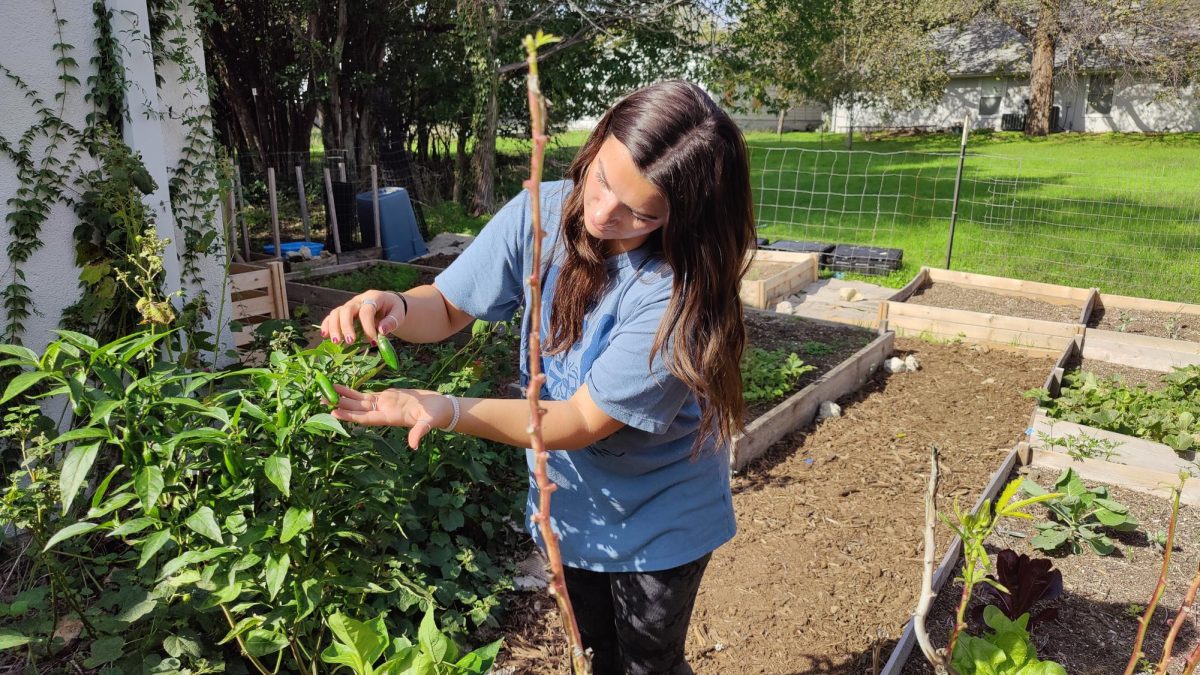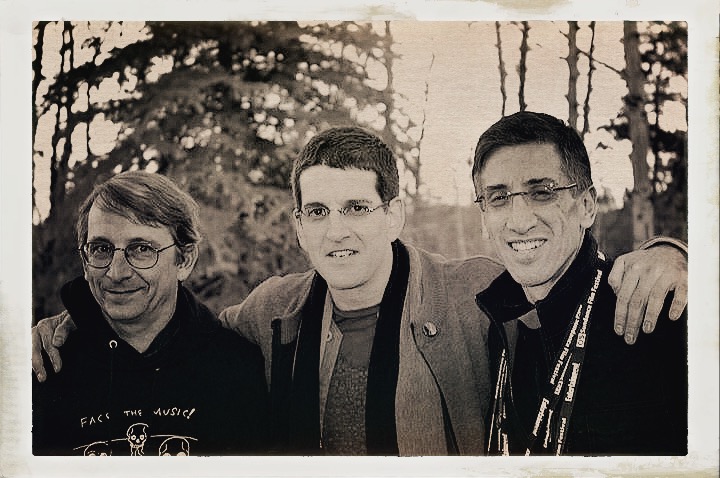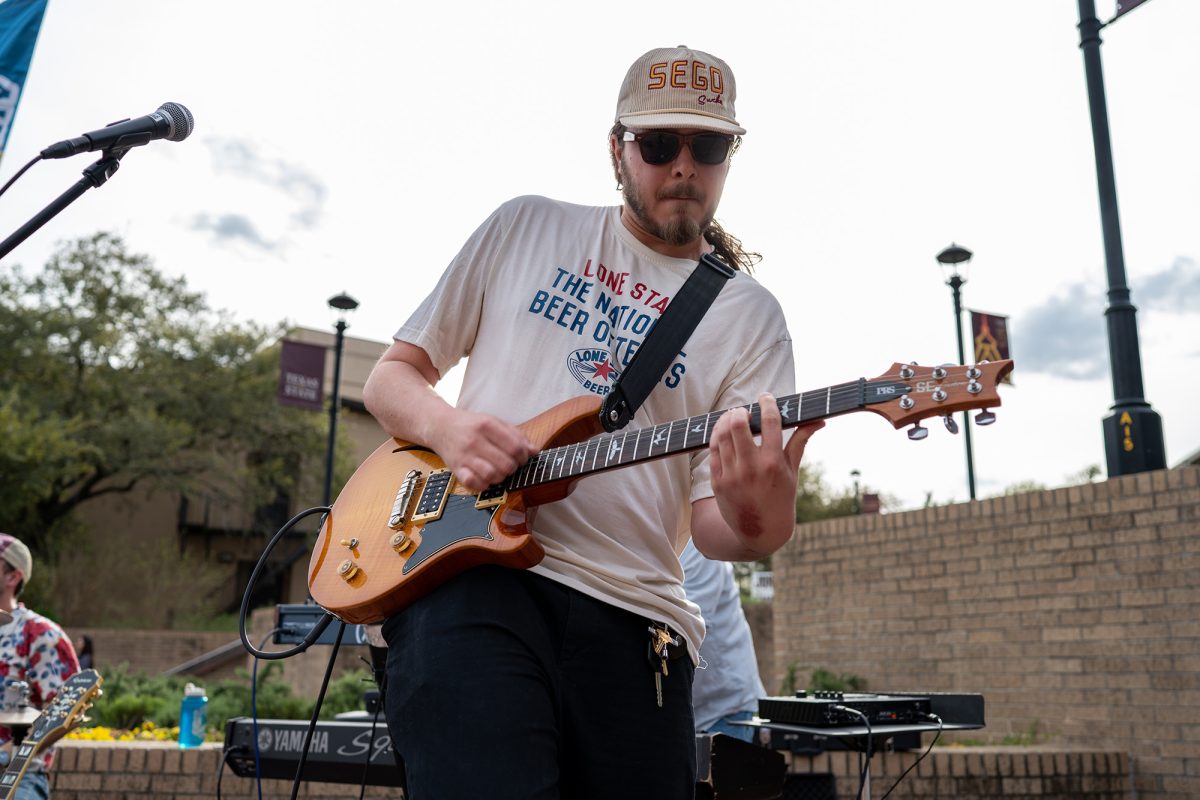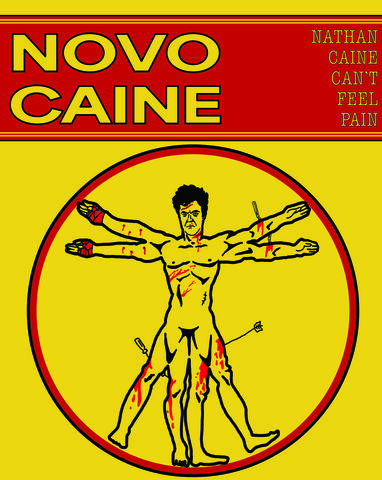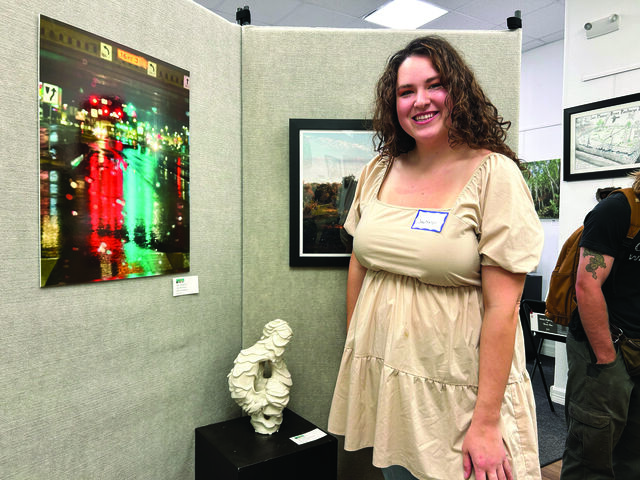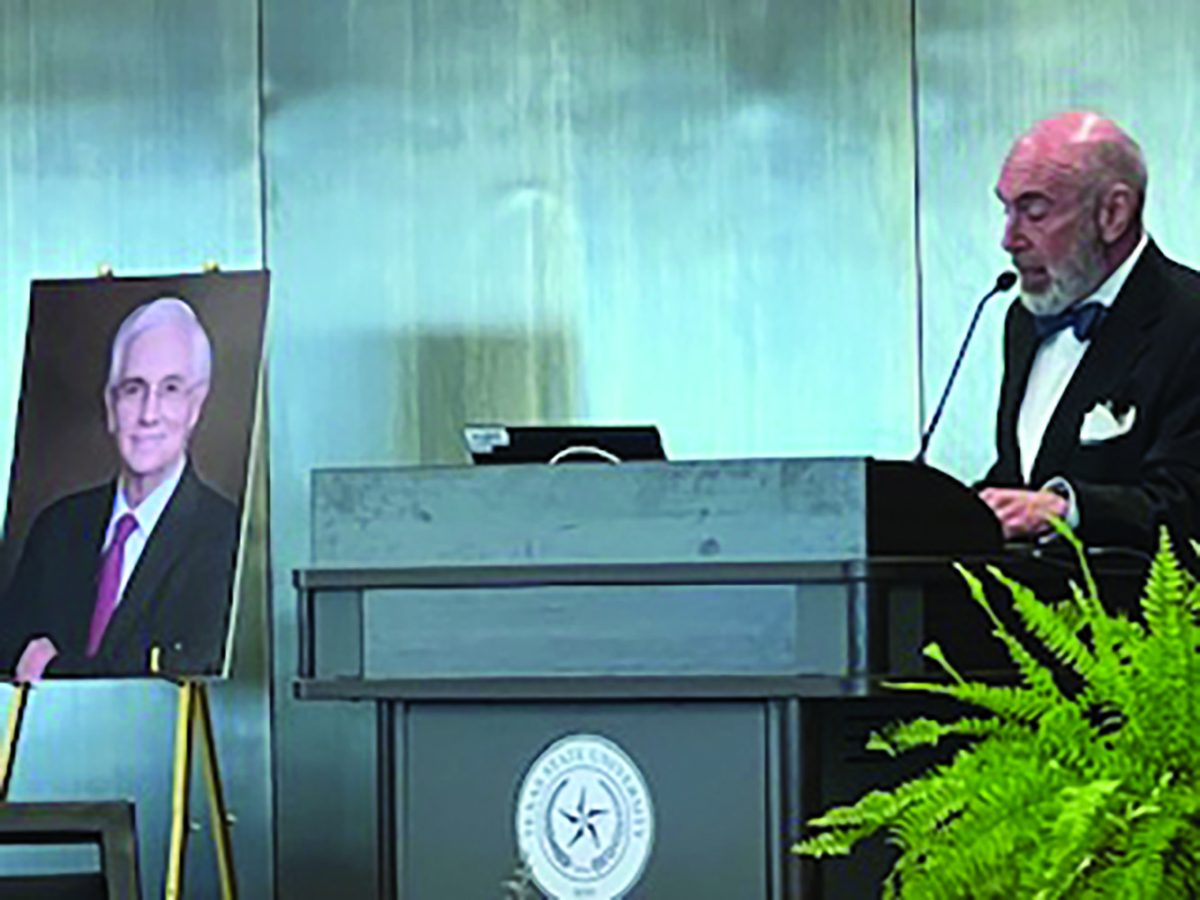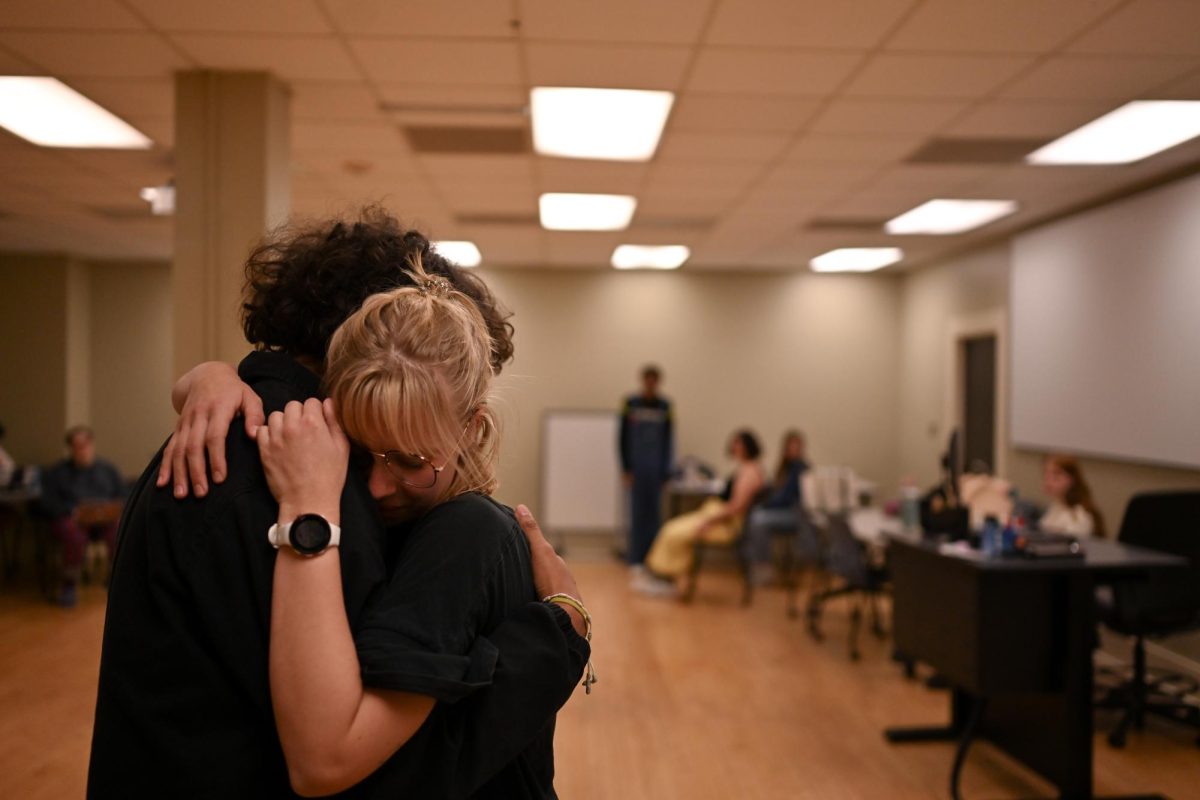In a dedicated passion project, Madelyn Parsons, a criminal justice junior, turned a 30-second conversation about revamping the Hays County Food Bank into a fully functioning sustainable garden with a variety of fruits, vegetables and herbs for the food bank to distribute to the San Marcos community.
The process began after Parsons visited the food bank with the Stelos Scholars, a Texas State organization dedicated to community involvement and leadership, as a part of the organization’s summer initiative focused on sustainable food sources.
After seeing the garden, Parsons discussed with Claudia Roeschmann, the Stelos Scholars faculty leader, about starting a project to redo the garden.
“I think the initial hope, and still the hope, is that the garden can be something that the food bank can utilize whatever’s being produced at the garden to be able to hand out to the community,” Parsons said. “It’s more about showing that sustainable food sources are possible, and as long as you implement them, then they can help out so many people.”
Roeschmann reached out to Parsons a month later after learning about a youth-led solution grant through YMCA dedicated to inspiring young adults to lead projects to address climate change in their communities all over the world.
After being awarded the grant, Parsons set up the garden while taking classes at the public library and learning about gardening techniques from the Hays County master gardeners.
Parsons said her inspiration for this project largely grew out of the influence from her family and their focus on sustainable and local food sources growing up.
“We grew up going to farmers markets, and we had a little garden in our backyard,” Parsons said. “Especially going through the summer intensive program, I realized more so how valuable that is that I was able to grow up with that.”
In addition to coordinating with the food bank, Parsons also continued to coordinate with the YMCA as she moved forward with the garden.
“[Parsons] had all the ideas and what she wanted in the plan, so I let her run with it and helped her with what she needed in order to create this sustainable garden,” Liz Kryznefski, senior director of youth and family at the Greater Austin YMCA, said. “It was really exciting to visit the garden throughout the process and see Maddie kind of bring this to life.”
As the grant comes to a close at the end of November, Parsons has begun figuring out how she will transition from the garden being a solo-run project into a larger volunteer project sustained by the food bank and the community.
“It’s really hard to just let it go,” Parsons said. “As far as the future for it, I hope that other Texas State students would be interested [in] becoming more involved because even though it’s been successful with it just mainly being me, I think [the garden] has the potential to be a lot more successful with other people involved.”
As Parsons begins to wrap up the project, she is also working to implement a water mechanism system to do everything she can to ensure the garden will continue to thrive even after she begins to take a step back with the project.
“The goal for the garden is to make the garden a tool that can be used as a sustainable support mechanism for the community of San Marcos through the Hays County Food Bank to provide healthy food instead of always just dried goods and just canned goods,” Roeschmann said. “Some of the things that we were also thinking about from the get-go was how can we build this so that it is attainable and sustainable for the Hays County Food bank once Maddie is gone. We want the Hays County Food Bank to continue to do this.”



